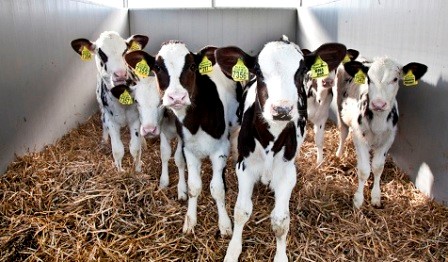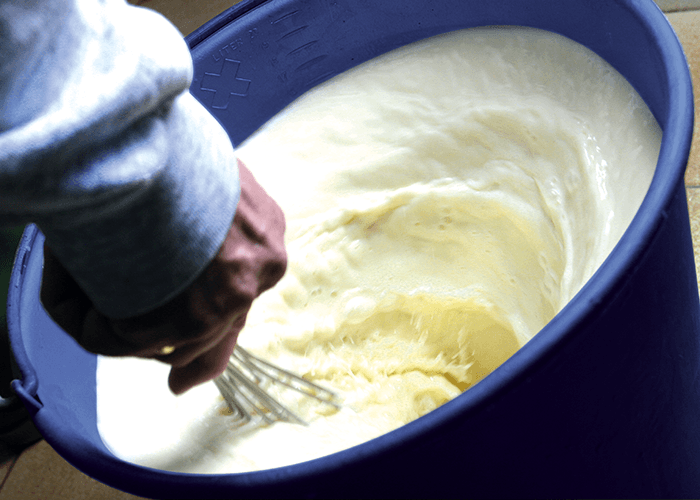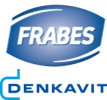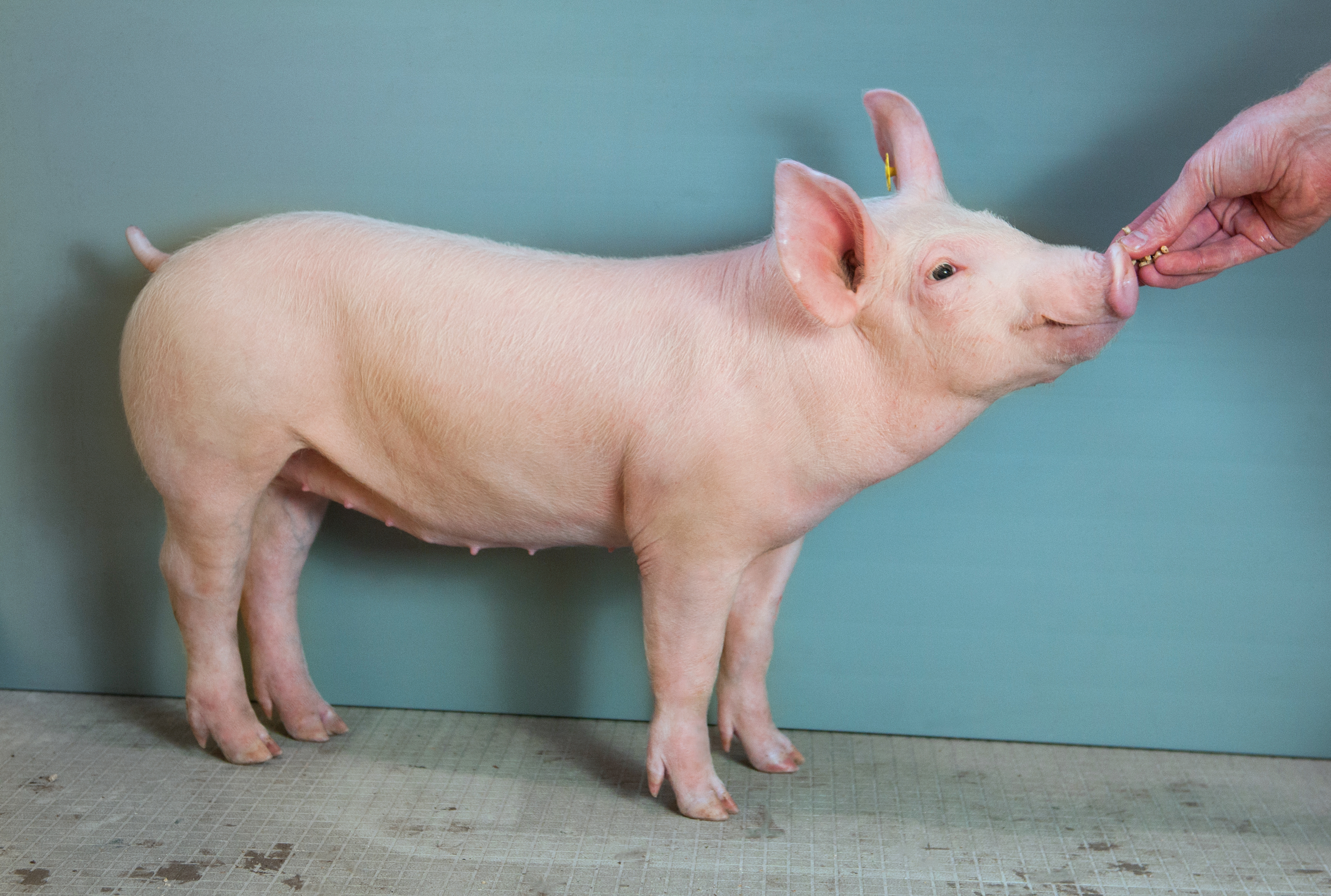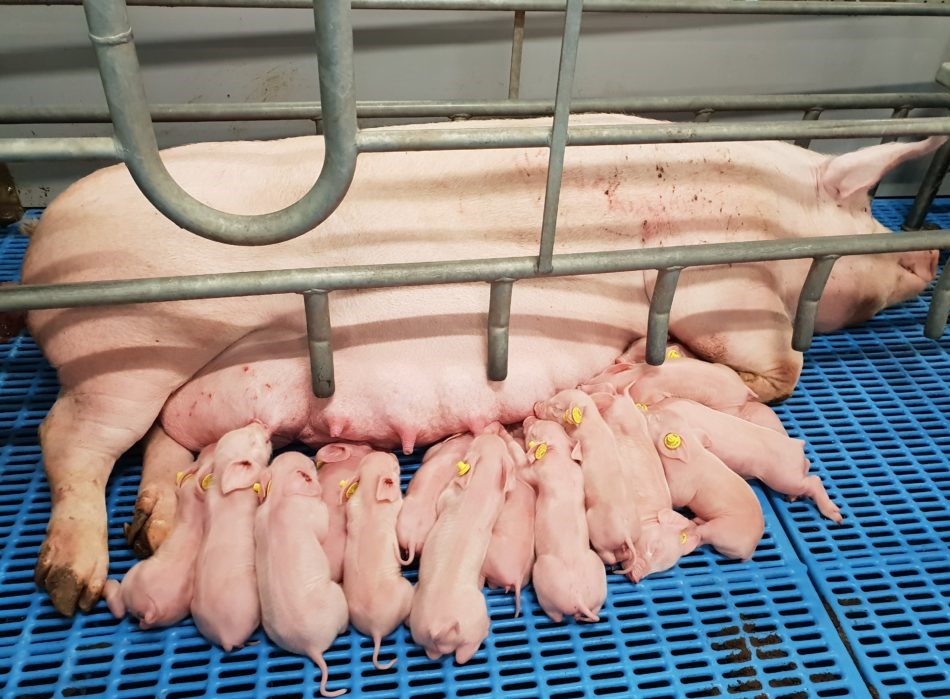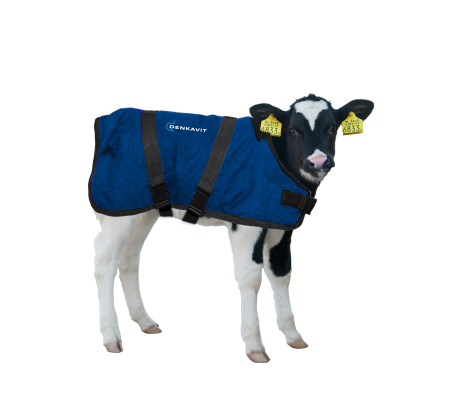The importance of supplementing vitamins and minerals in calf rearing
A recent trial in Saudi Arabia again confirms the importance of supplementing vitamins and minerals in calf rearing. Especially if a … Read more
Denkavit makes strategic move to the USA milk replacer market
The Dutch Denkavit group has recently reached an agreement with Grober about the acquisition by Denkavit of their U.S. subsidiary, … Read more
What’s actually in the calf milk replacer?
In this series about the raw materials used in Denkamilk products we will explain a number of aspects in detail. … Read more
Frabes becomes a 100 % subsidiary of the Denkavit Group
After acquiring already a majority share in Frabes back in 2016, the Denkavit Group now acquired the remaining 49% of … Read more
20% phosphate emission reduction by using new phytase
The reduction of phosphate emissions into the environment is increasingly a hot topic. In this context, Denkavit surveyed the impact … Read more
Knowledge base theme ‘’Raw materials’’: what is actually in the calf milk replacer?
In this series on the raw materials used in Denkamilk products we will explain a number of aspects in detail. … Read more
Piglet mortality in free farrowing system
Last year an 11% mortality rate was achieved at DenkaFarm Innovation Centre using the free farrowing system! An amazing performance … Read more
Denkavit Group and Dinuvet start company Denkavit Iberica
Denkavit Group and Dinuvet are pleased to announce that they founded the company Denkavit Iberica as of the 1st of … Read more
Tools for achieving an optimal climate for rearing calves at < 15 °C
Rearing calves need a comfortable climate, but what exactly does that entail? The thermoneutral comfort zone of a calf serves … Read more
The influence of bedding material on growth of rearing calves
Young calves (>3 weeks) feel best in temperatures between 15 °C and 25 °C. They need extra energy to keep … Read more



